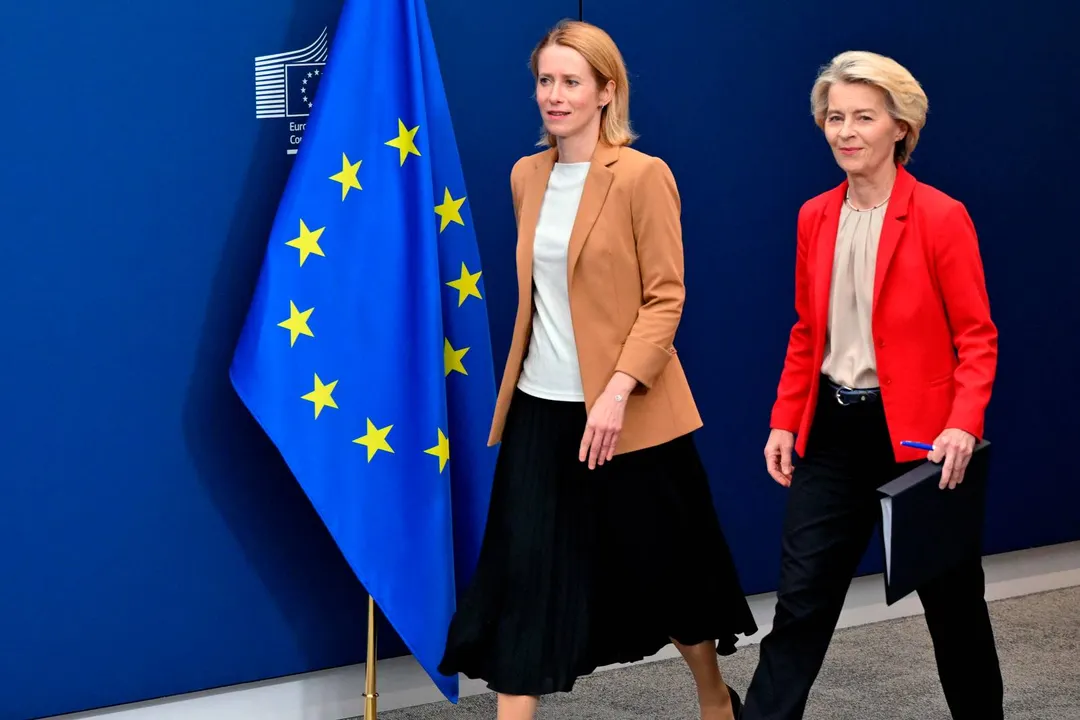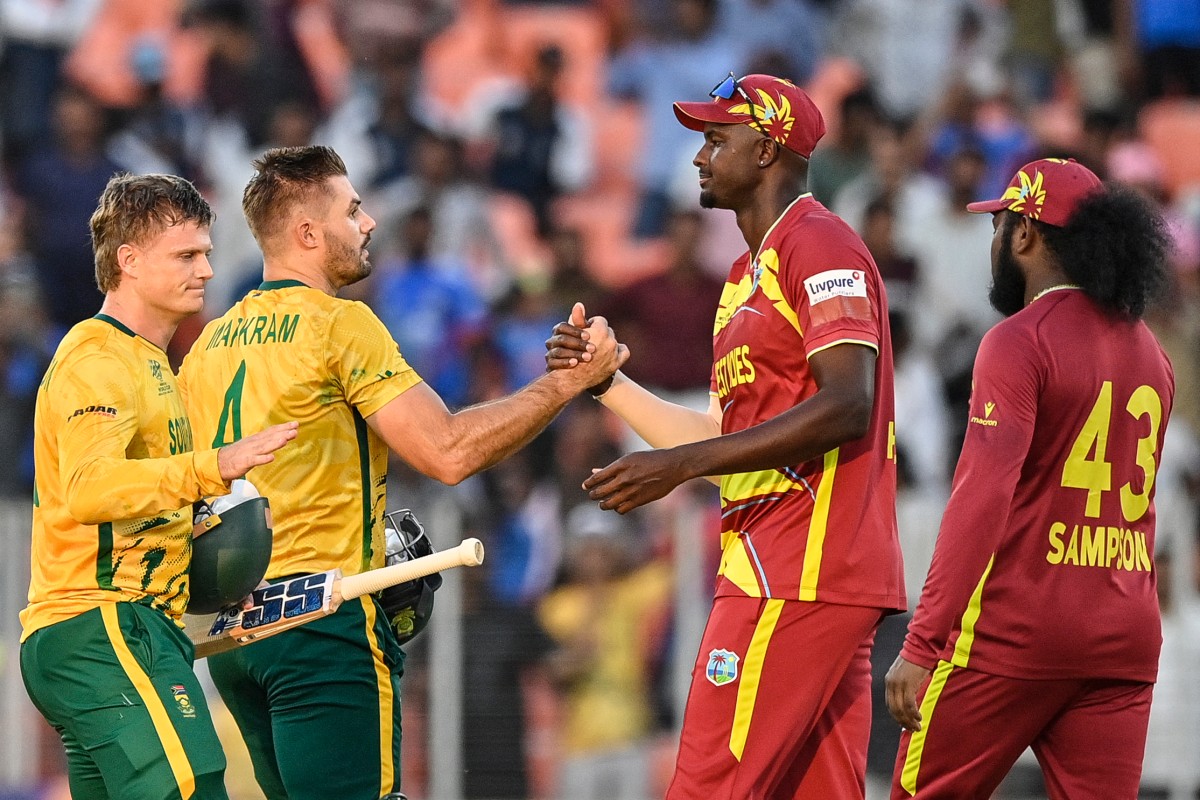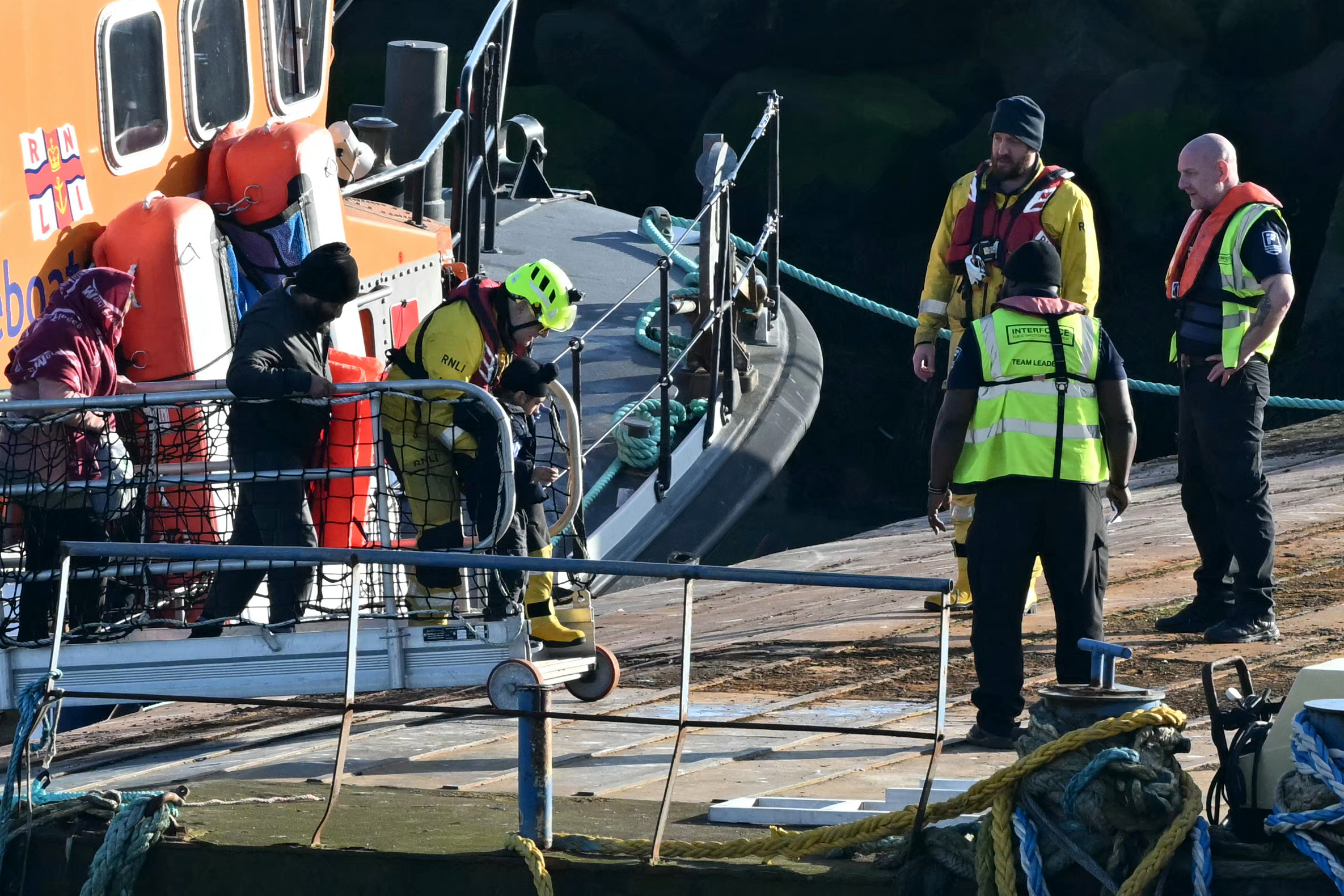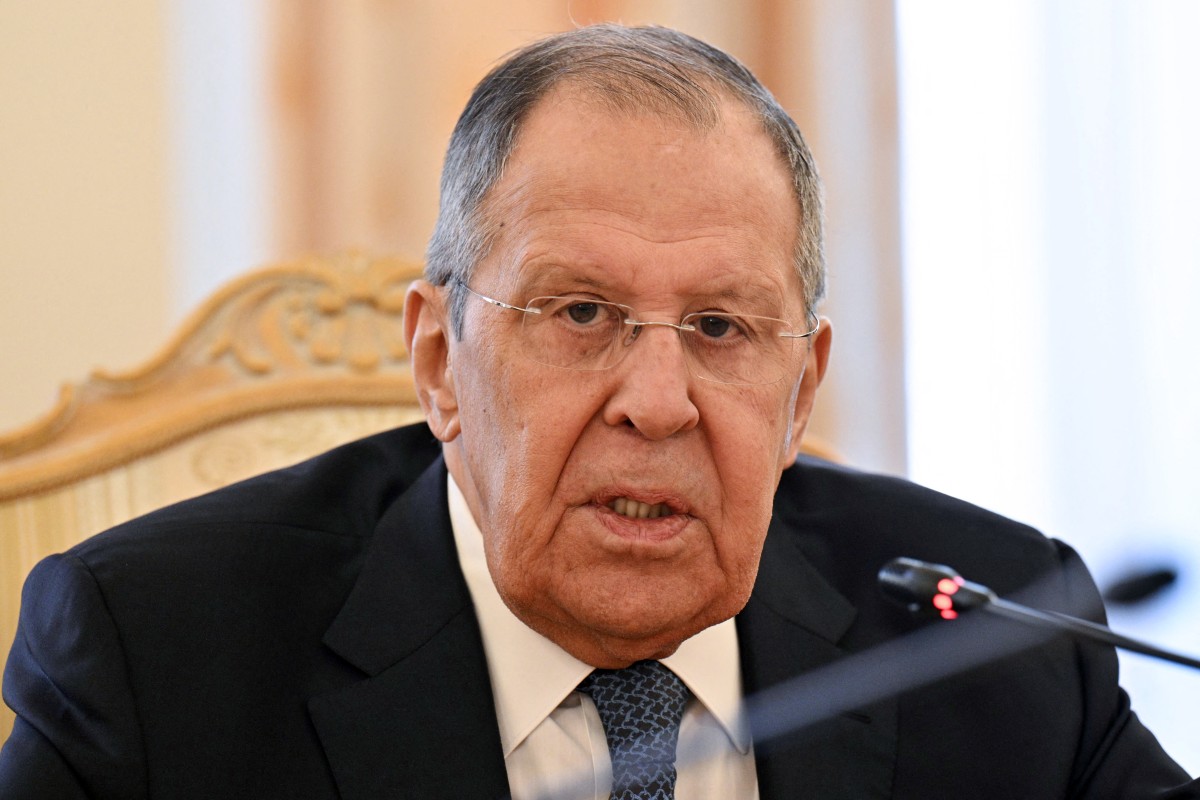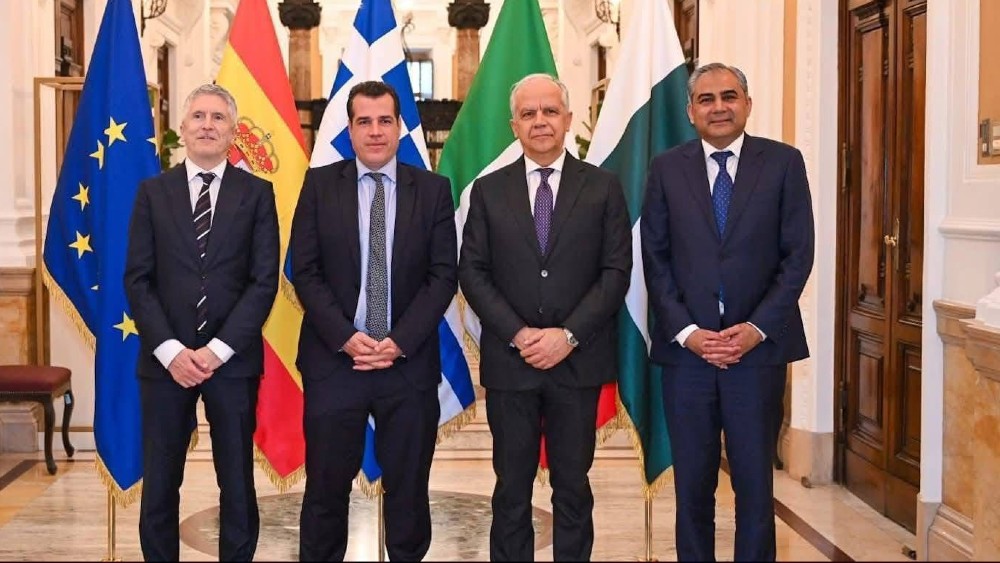ISLAMABAD: The European Commission is reportedly considering a full ban on Russian tourists entering the European Union as part of its upcoming 19th Sanctions Package in response to the ongoing war in Ukraine.
If enacted, this would be the EU’s strictest travel restriction on Russian citizens since the conflict began. According to Anadolu Agency, the measure would require unanimous approval from all 27 EU member states, a hurdle that could complicate its adoption.
The proposal is said to be spearheaded by Poland, Finland, and the Baltic states, which have consistently pushed for tighter travel restrictions on Russian nationals. Officials familiar with the matter shared this development with TVP World.
However, several EU countries that benefit significantly from Russian tourism, including Italy, Spain, Greece, and France, may resist the move. Additionally, Hungary, which maintains friendlier ties with Moscow, is also expected to oppose a full ban.
Two paths under consideration
An EU official stated that the European Commission is evaluating two possible options:
- Non-binding guidance to encourage member states to restrict tourist visas, particularly after a surge in Russian tourism this summer.
- A legally binding ban embedded in the 19th sanctions package, which would apply uniformly across all member states, but could prove more difficult to implement politically.
According to Commission data, more than 500,000 Russians were granted Schengen visas in 2024, marking a significant increase from the previous year despite the war and existing sanctions.
Details of the 19th Sanctions Package
The sanctions package, initially scheduled for release on Wednesday but now delayed, will build upon previous rounds that have targeted:
- Russian financial institutions
- Energy exports
- Individuals and entities linked to the Kremlin
The new measures aim to further isolate Russia economically and politically as the war enters a prolonged phase.
In a separate but related effort, several EU countries are advocating for a proposal to restrict the movement of Russian diplomats within the Schengen zone.
According to TVP World, this measure is being championed by Czechia, Latvia, and other countries on NATO’s eastern flank. If approved, it would limit Russian diplomats to the country of their accreditation, significantly curbing their ability to travel freely across the EU.
Supporters argue this is a necessary security precaution, especially after the expulsion of Russian agents in recent years who were allegedly operating under diplomatic cover.
Trump’s position on sanctions
Meanwhile, former U.S. President Donald Trump has weighed in on the broader sanctions debate. Speaking to reporters on September 14, Trump expressed willingness to impose sanctions on Russia, but emphasized that Europe must first stop buying Russian oil.
"Europe is buying oil from Russia. I don't want them to buy oil," Trump said.
"The sanctions... that they're putting on are not tough enough, and I'm willing to do sanctions, but they're going to have to toughen up their sanctions commensurate with what I'm doing."
His remarks highlight ongoing transatlantic disagreements over how far to push economic pressure on Moscow, especially regarding energy imports.
